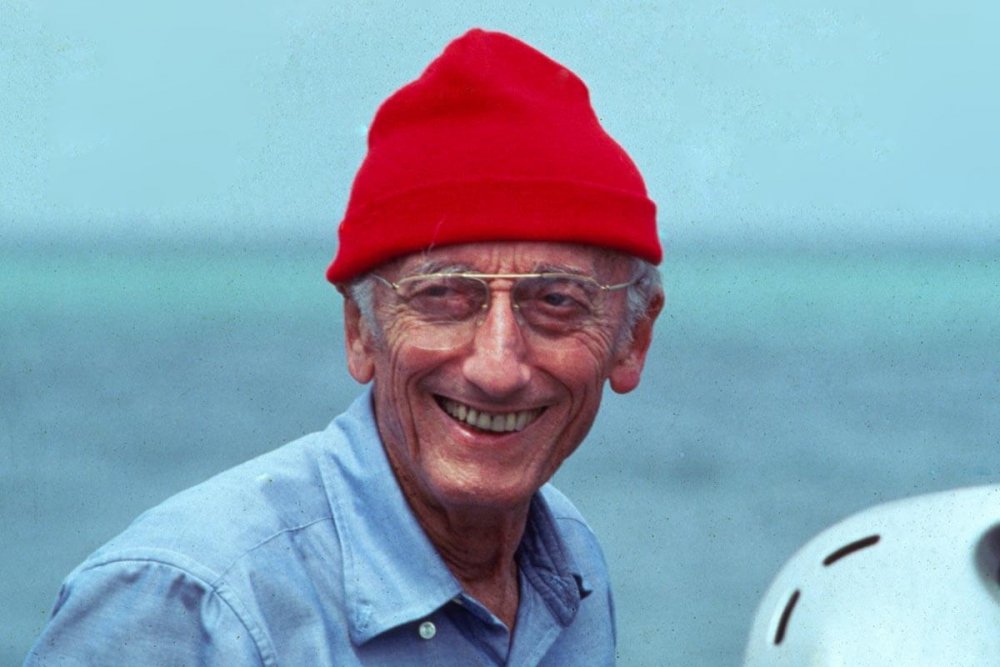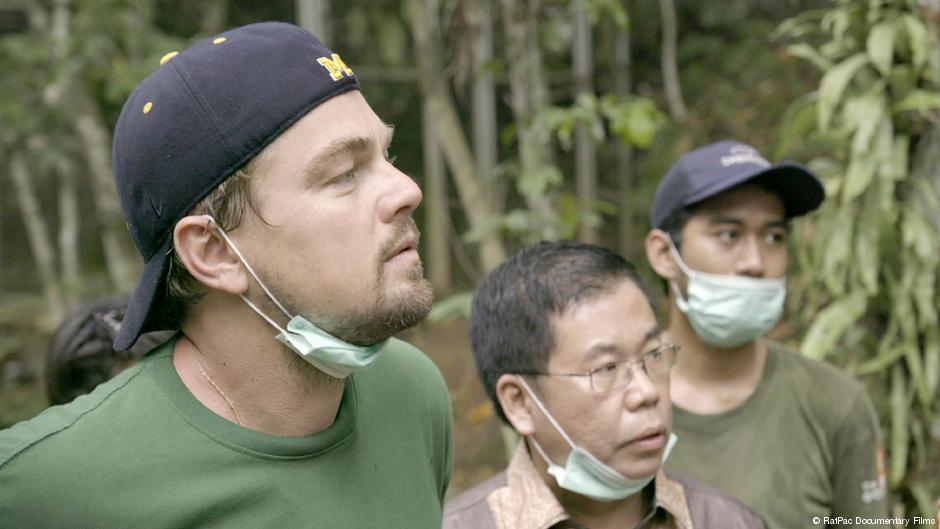Ecological conservation is merging the public, governments and notable people alike to try to conserve our ever-deteriorating ecosystems.
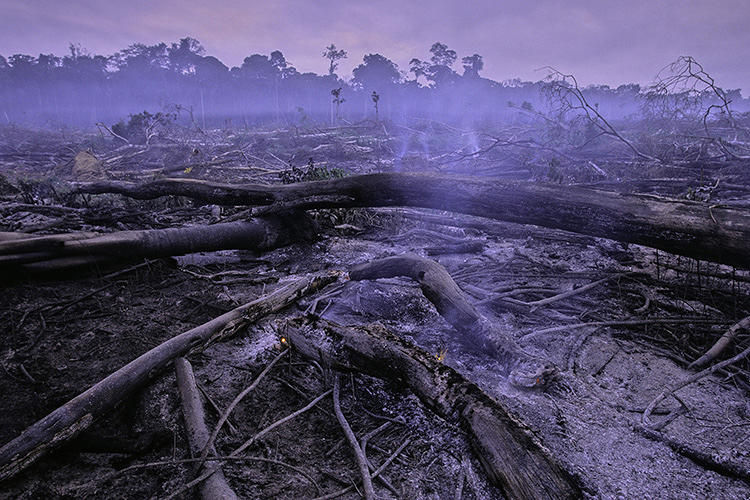
Ecological conservation needs to happen and it needs to happen now. Because of constant increases in the decline of natural systems, environmental deterioration and a worldwide spate of species extinctions, the world is banding together to implement systems in hopes of conserving what we have left of our natural ecosystems, but the film industry is making that a hard feat to enact.
We only ever see the basis of environmental news being covered which are some articles or conferences on global warming, what celebrities are doing to help save the environment and Donald Trump thinking global warming is a hoax. We don’t ever really hear of the impacts of the entertainment industry and if so, it’s very rare.
It is a monumental task to create these huge movie sets and it evidently has a monumental impact. A university study by UCLA found these factors contribute to air pollution, especially in the five county Los Angeles region. The Head of ULCA’s Institute of the Environment, Mary Nichols said, “We think of the creative side, the movie, the people, the actors – we don’t think of what it takes to produce the product”.
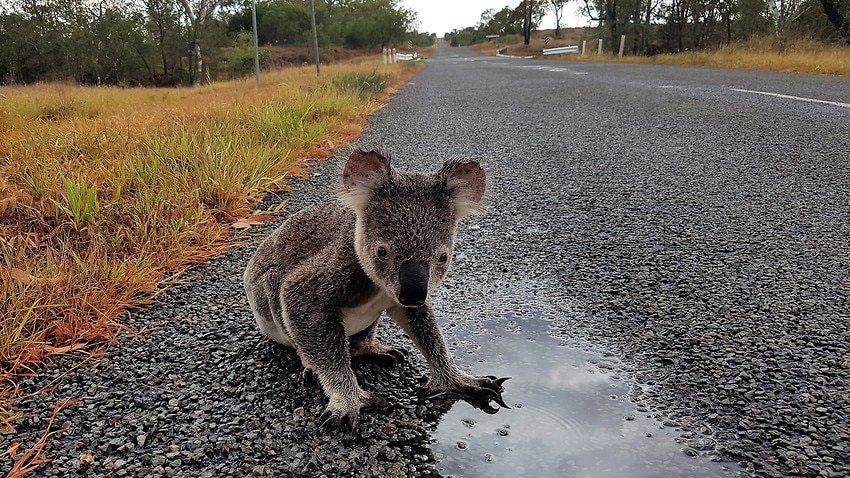
As I’ve said before, there’s an epidemic of natural resource loss and species extinctions, the planets ability to sustain itself and other living organisms are diminishing. Many natural ecosystems are being threatened, pollution is constantly increasing – especially air pollution – and species are dying at a rate of 1000 times faster than natural extinction.
We need to address these issues and how our awe of cinematic grandeur is displayed over a façade of environmental destruction. Just look at these statistics by World Centric:
- The world has already lost 80% of its original forests.
- 1 billion acres of tropical forest were cleared in just thirty years, between 1960 and 1990.
- At the world’s current rates, 5-10% of tropical forest species will become extinct every decade.
- In the next 30 years, as many as one-fifth of all species alive today will become extinct.
An example of Green practice by the film industry is during Walt Disney’s Tomorrowland, filmed in Vancouver. It achieved a ninety-one percent waste diversion rate from landfills by following a comprehensive zero waste initiative.

Some celebrities achieving a notable impact for their work for the environment are James Cameron, Jack Johnson, Cate Blanchett and Pearl Jam, but there are many more. Apart from the good, there are disastrous Hollywood sets that need to be spoken of too.
The opening scene of the movie Apocalypse Now is iconic. There are shots full of palm trees burning, a huge explosion and the sound of Jim Morrison over the top of all that’s burning. Not many people would really think about how this amazing scene came to be, if it was special effects or otherwise, but in fact the 1979 film shot in the Philippines literally burnt acres of forest to the ground. A 1995 article from the New York Times said around 1200 gallons of gasoline were poured over the palm trees and then set alight. It all went up in flames in under a minute.
The Beach is another one to name. Now this one is interesting as Leonardo DiCaprio was the lead in the film, but he’s now known for a lot of his positive environmental contributions. The creators of this film shot on an island off Thailand and cleared the beach to create enough room to play football. In doing so they bulldozed a massive number of native trees and vegetation. On top of that, they then planted hundreds of non-native palm trees which could have introduced new species to the island and had the potential to threaten the original habitats forever.
Even the tourist traction following the movie was so damaging it caused a temporary shutdown of the beach on June 1st in 2018 and an indefinite shutdown was announced on Oct 3, 2018.
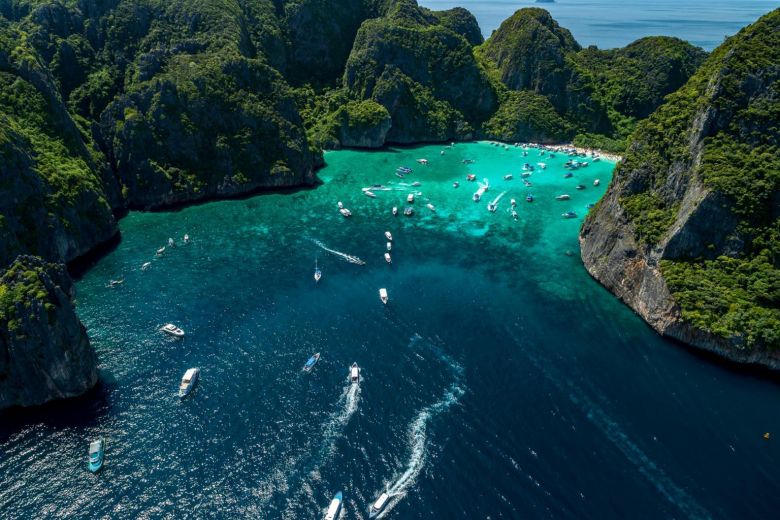
Lastly, Jacques Cousteau’s Documentary of Sea Life. Now Cousteau is an Ecologist, author and explorer, he was quite famous for his environmental work and numerous documentaries. He decided that during the filming of his documentary The Silent World, it was a great time to do a census of the local marine life and he did this by killing all the fish with explosives. In the film, it shows scenes of dead fish and marine life slowly dying. Since that film though he went on to win the 1977 UN International Environmental Prize – go figure!
At the annual fundraising gala in St Tropez where $40million was raised for Leonardo DiCaprio’s environmental charity, he said, “We’ve decimated our forests, wildlands, polluted and over fished our rivers and oceans; all the key ecosystems that not only serve as a home to our planet’s biodiversity, but also make life here for us possible. I’m incredibly proud to be part of a night that will allow us to do so much to protect the planet.”
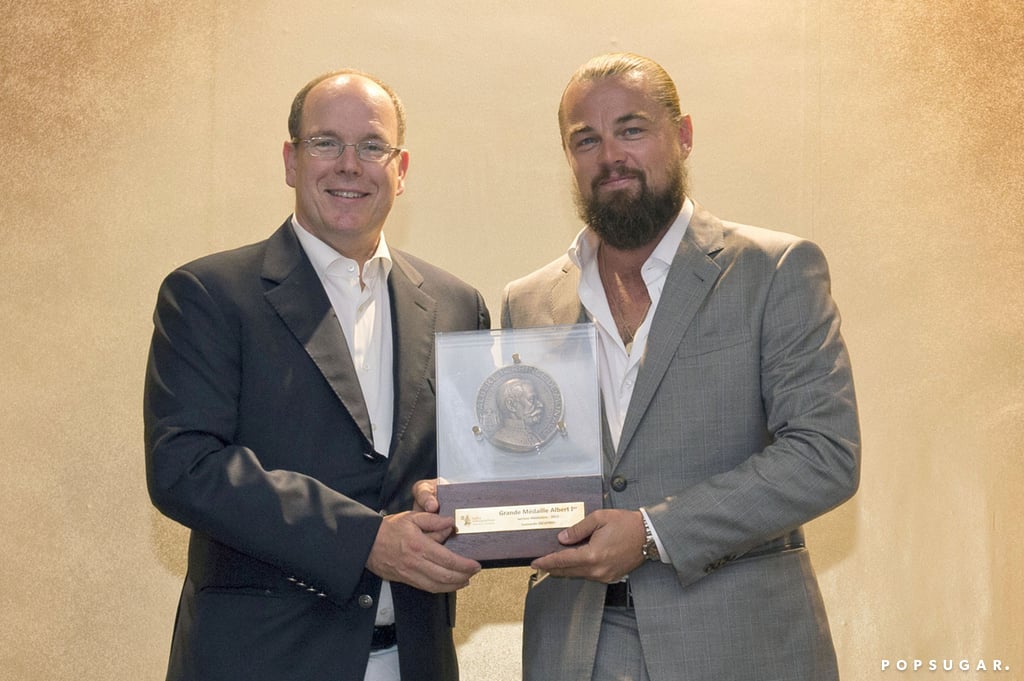
But Leo is often accused of being a hypocrite himself as he jets around the world on his private plane and yacht. It had come up in 2016 that back in 2014 he allegedly took six private jet flights in six weeks, with projected costs for the flights estimated to be in the hundreds of thousands.
Just when we think we’re making a difference, celebrities are coming up short. With awareness of these issues being at the forefront of global culture today, change is in the works; as long as Hollywood decides to jump on the band wagon and realise the destruction they’re causing. For those film makers and people playing their part, well done to you.
Which environmental issue in film practice has shocked you the most? Let us know in the comments below.

